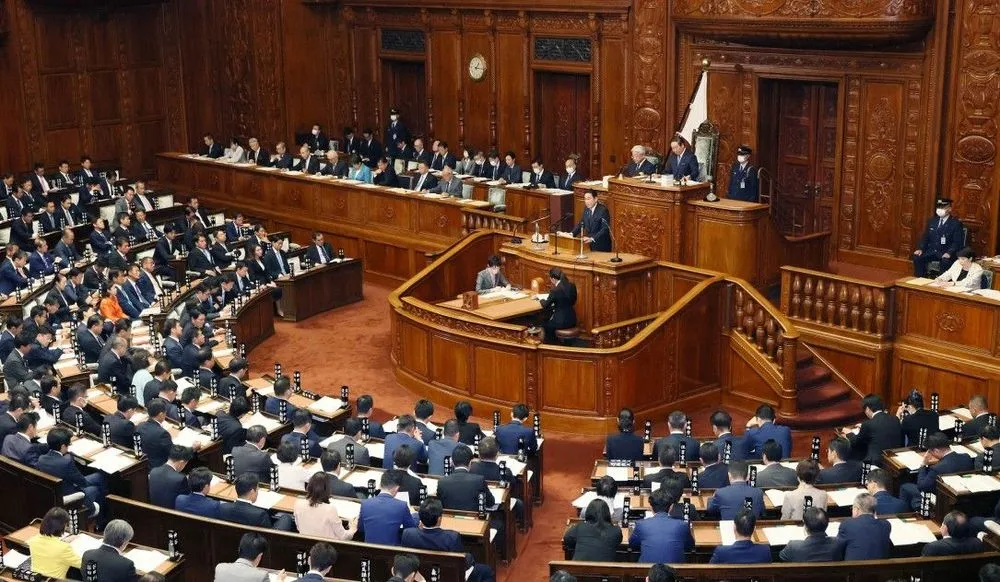Japan's ruling political party hit by cyberattack from alleged pro-Russian hackers
Japan's ruling Liberal Democratic Party (LDP) reported that a cyberattack temporarily disrupted its website earlier this week, coinciding with the start of the country’s general election campaign.
During a press conference on Thursday, Deputy Chief Cabinet Secretary Kazuhiko Aoki said that the country's cyber agencies had implemented relevant security measures and are investigating the incident.
The LDP's website was targeted by a distributed denial-of-service (DDoS) attack on Tuesday, coinciding with the beginning of the 12-day campaign period for the election of the House of Representatives, which plays a key role in Japan’s parliamentary system.
According to local media reports, other state entities, including local government websites, were also hit by DDoS attacks on the same day, with some reportedly being knocked offline.
Several pro-Russian threat actors, including NoName057(16) and the Cyber Army of Russia, claimed responsibility for the attacks on Japanese organizations, including the LDP.
The hackers said they targeted Japan in response to a large-scale joint military exercise that Japan and the U.S. are scheduled to conduct later this month in Japanese territory, including regions near Russia’s border. Russia has criticized the exercise, warning it will take "adequate countermeasures."
“We are punishing Russophobic Japan and reminding them that any actions against Russia can end badly,” NoName057(16) said in a statement.
The hackers claimed to have targeted various Japanese institutions, including shipbuilding companies, legal counseling agencies, and financial and state services. Local media outlets have confirmed some of these attacks.
The so-called Russian hacktivists behind such DDoS incidents typically aim to attract media attention and cause inconveniences to website users. These attacks are especially common in the lead-up to elections in countries the Kremlin considers "enemy states."
For example, in September, several pro-Russian hacker groups, including NoName057(16), disrupted dozens of Austrian websites ahead of the country's general election.
During the press conference, Aoki said the government is aware of the hackers’ statement, adding that any actions that could undermine fair elections “will never be tolerated by any organization, group, or individual in Japan.”
Daryna Antoniuk
is a reporter for Recorded Future News based in Ukraine. She writes about cybersecurity startups, cyberattacks in Eastern Europe and the state of the cyberwar between Ukraine and Russia. She previously was a tech reporter for Forbes Ukraine. Her work has also been published at Sifted, The Kyiv Independent and The Kyiv Post.



